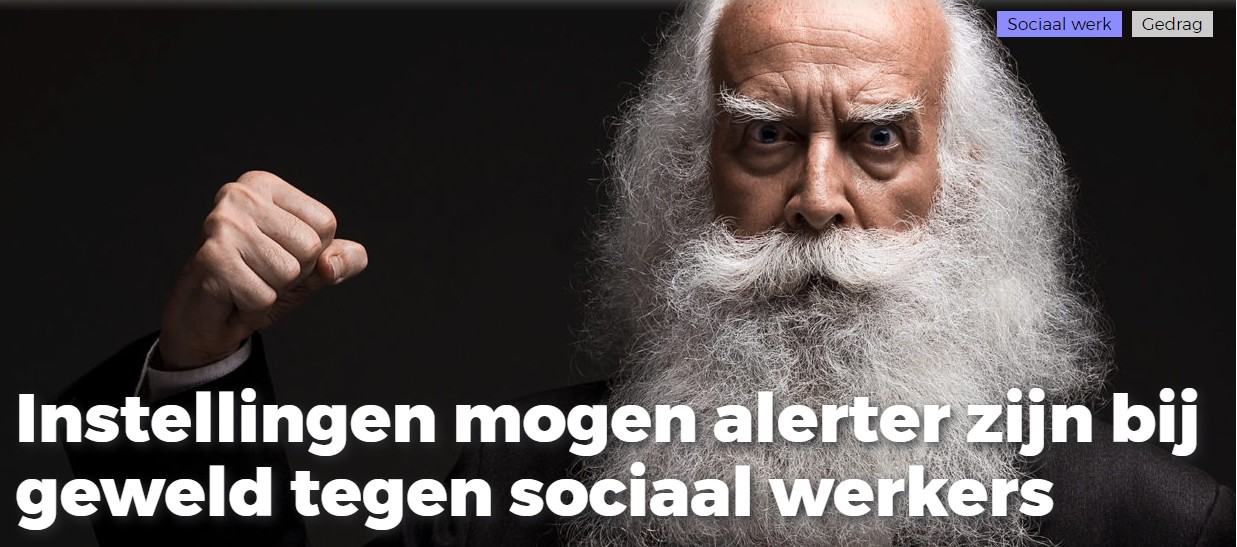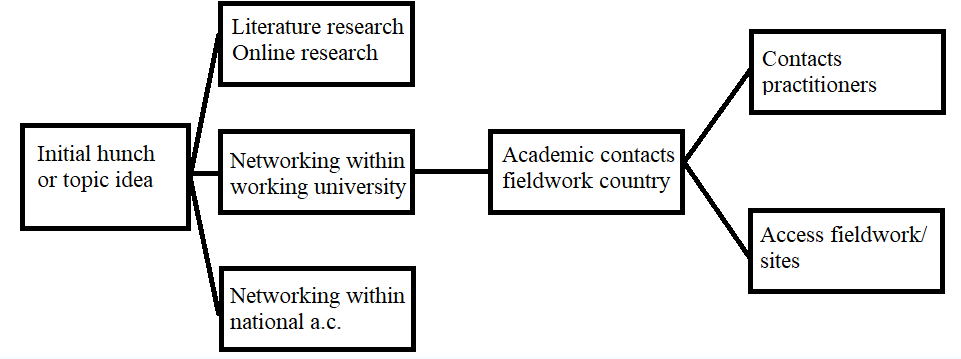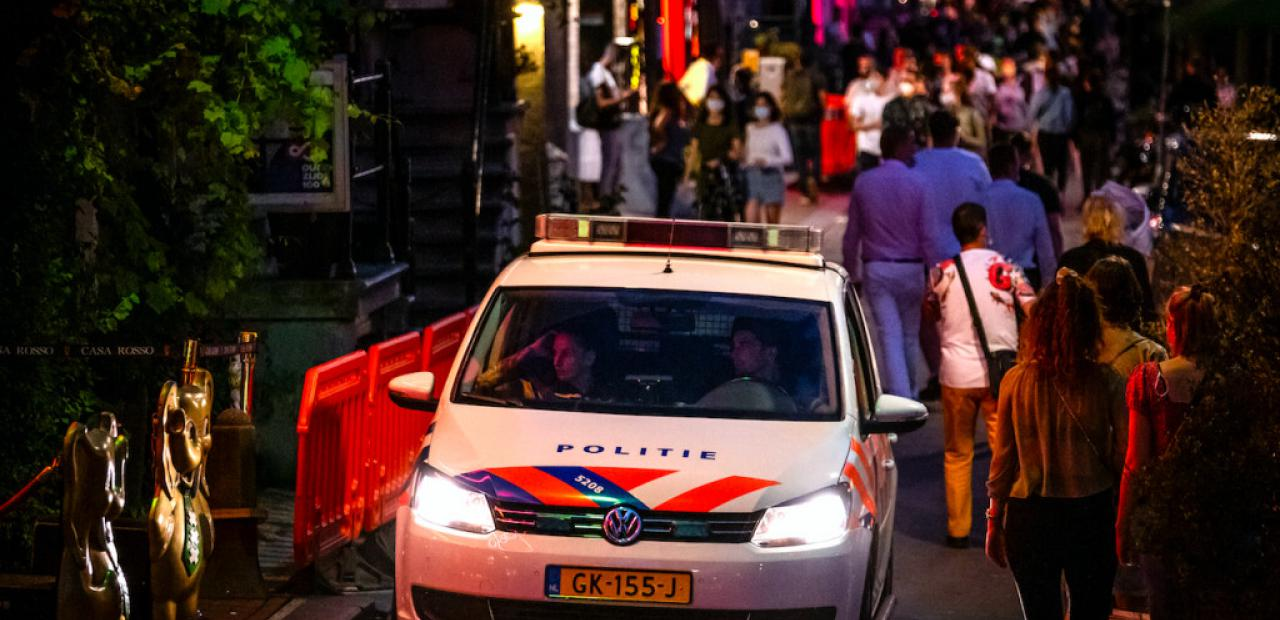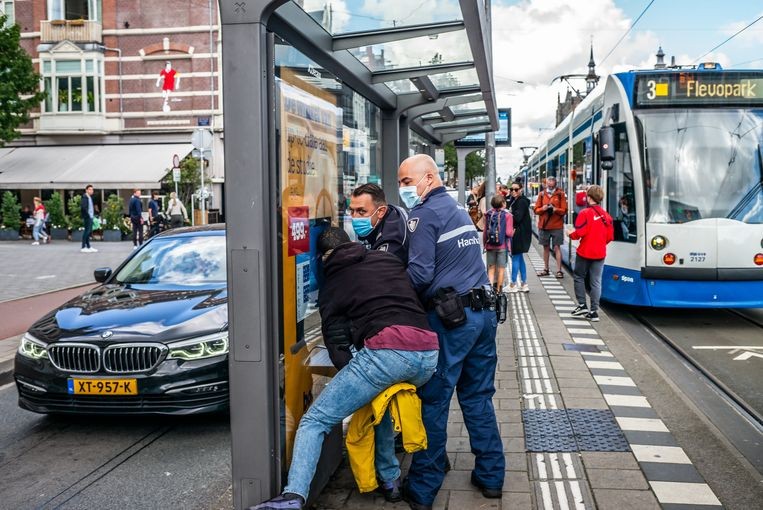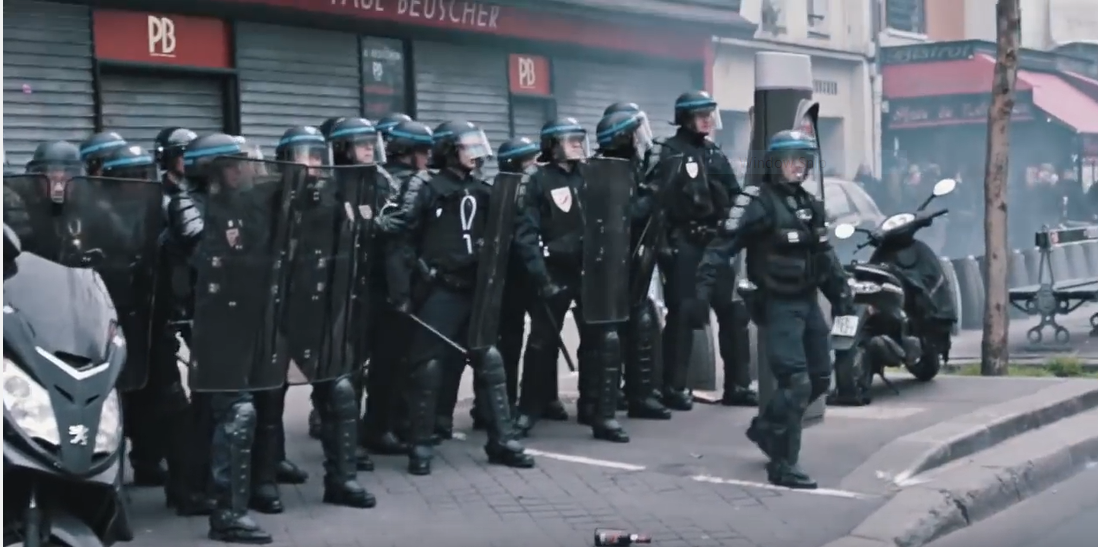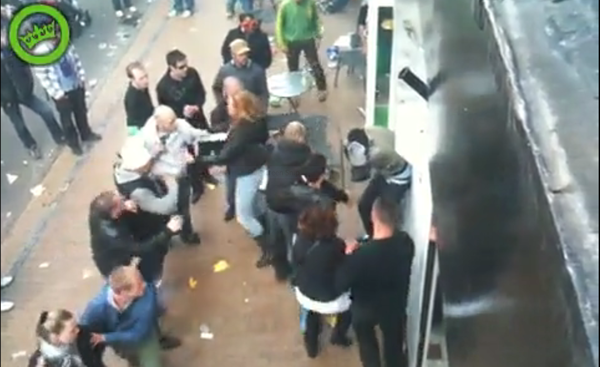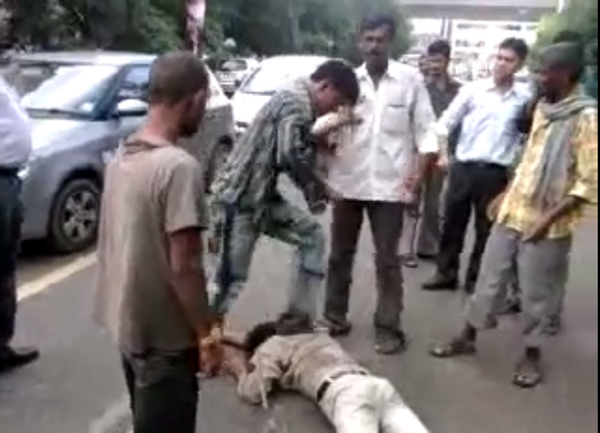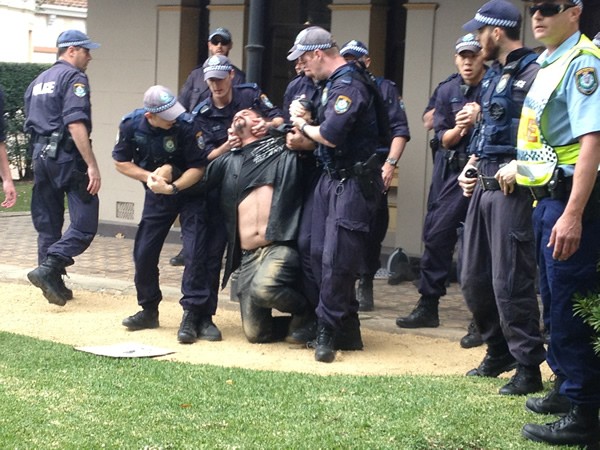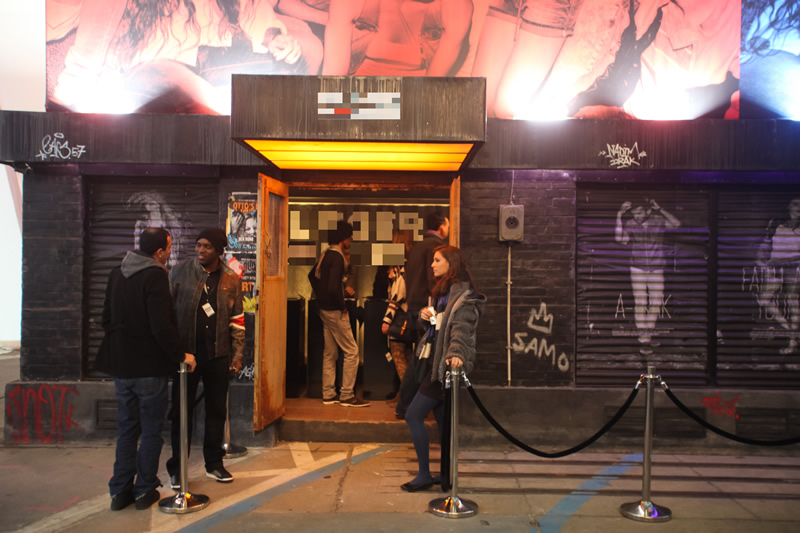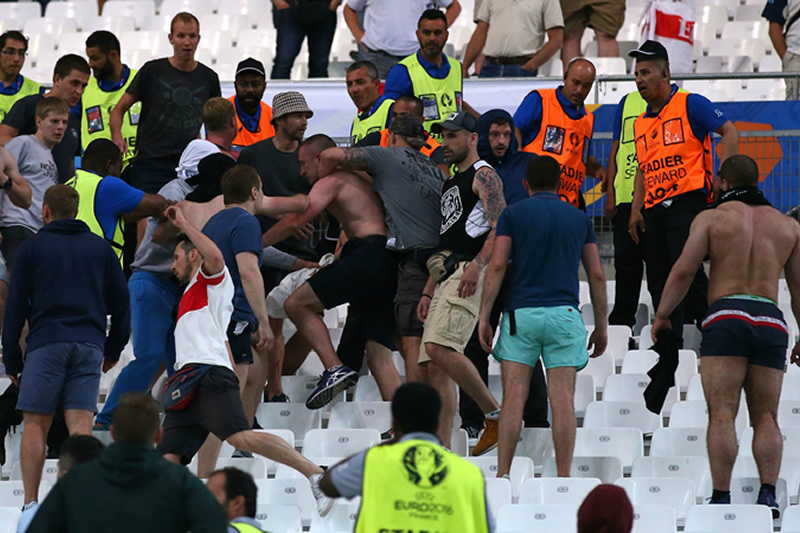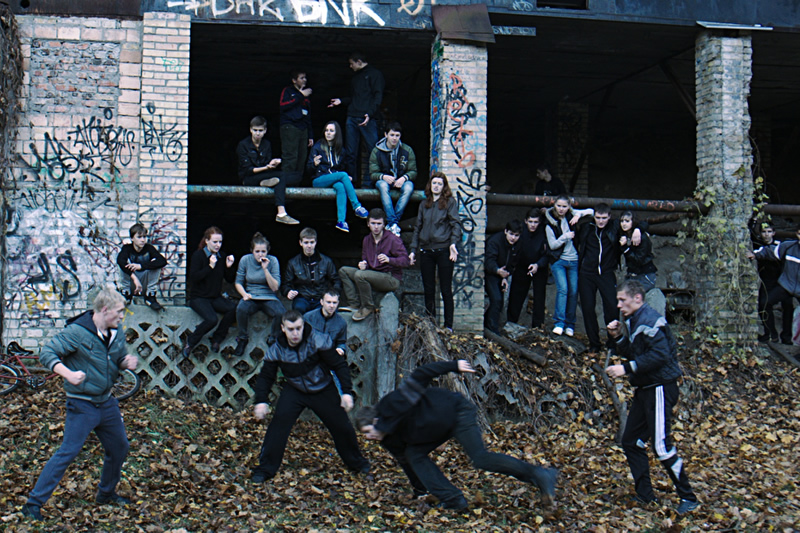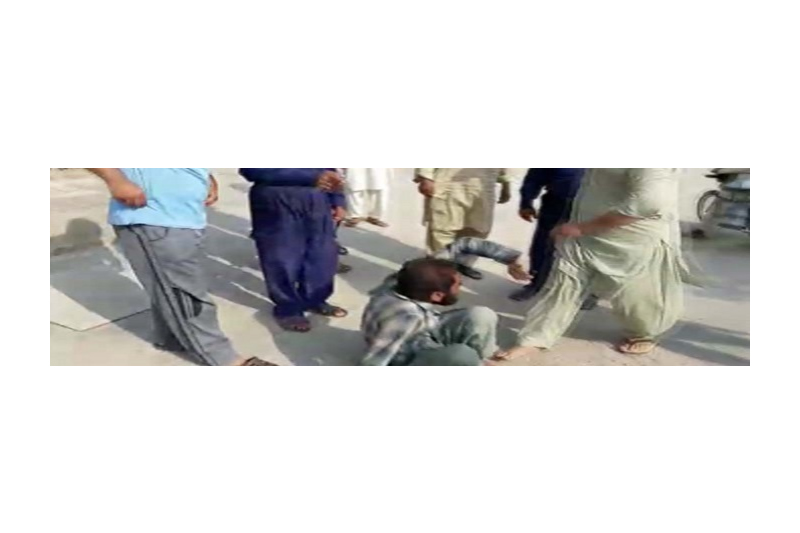The answer from Bergamo, Italy
There are many ways to study violence. The differences between them are most obvious when we consider the various kind of data that are used. But research data are never already there. What kind of data are produced by violence researchers? The prevailing material consists of discursive responses to discursive stimuli: the survey. However, there is a striking distance between this type of information and the reality of violence. Therefore, we take a special interest in data that allow for more close-up investigations of violent interactions. One obvious way to produce such data is to get out of the office, hang around and talk to people who use and experience violence, either as perpetrators, as victims or both...

